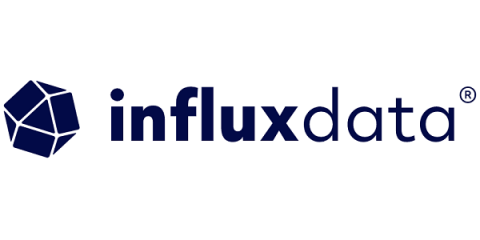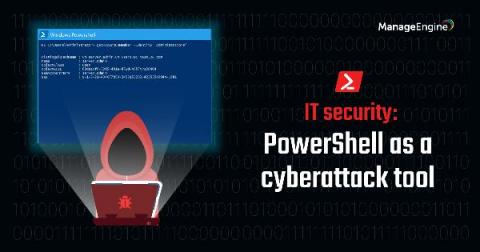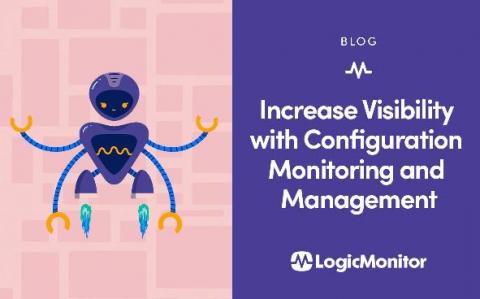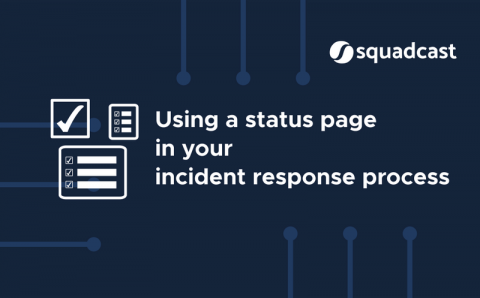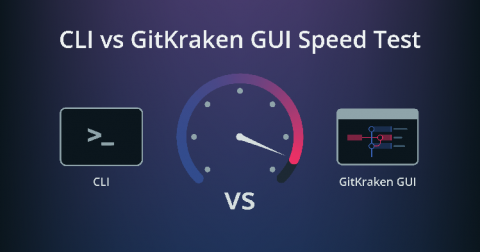Multilingual Web Design - How Not to Get Lost in Translation
Most designers have learned, often the hard way, that language differences can wreak havoc on their web designs. Leaving aside the issue of languages that go right to left instead of left to right, or down rather than across, there’s the big issue of variable word lengths. How do you accommodate this variability when designing web pages? The translation services company I founded, Tomedes, supports more than 1,000 language pairs, so we have some experience to share.




